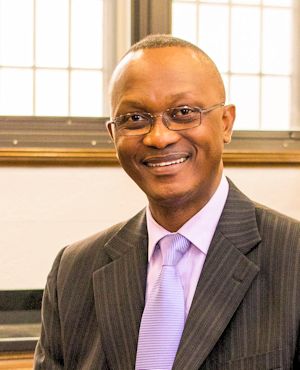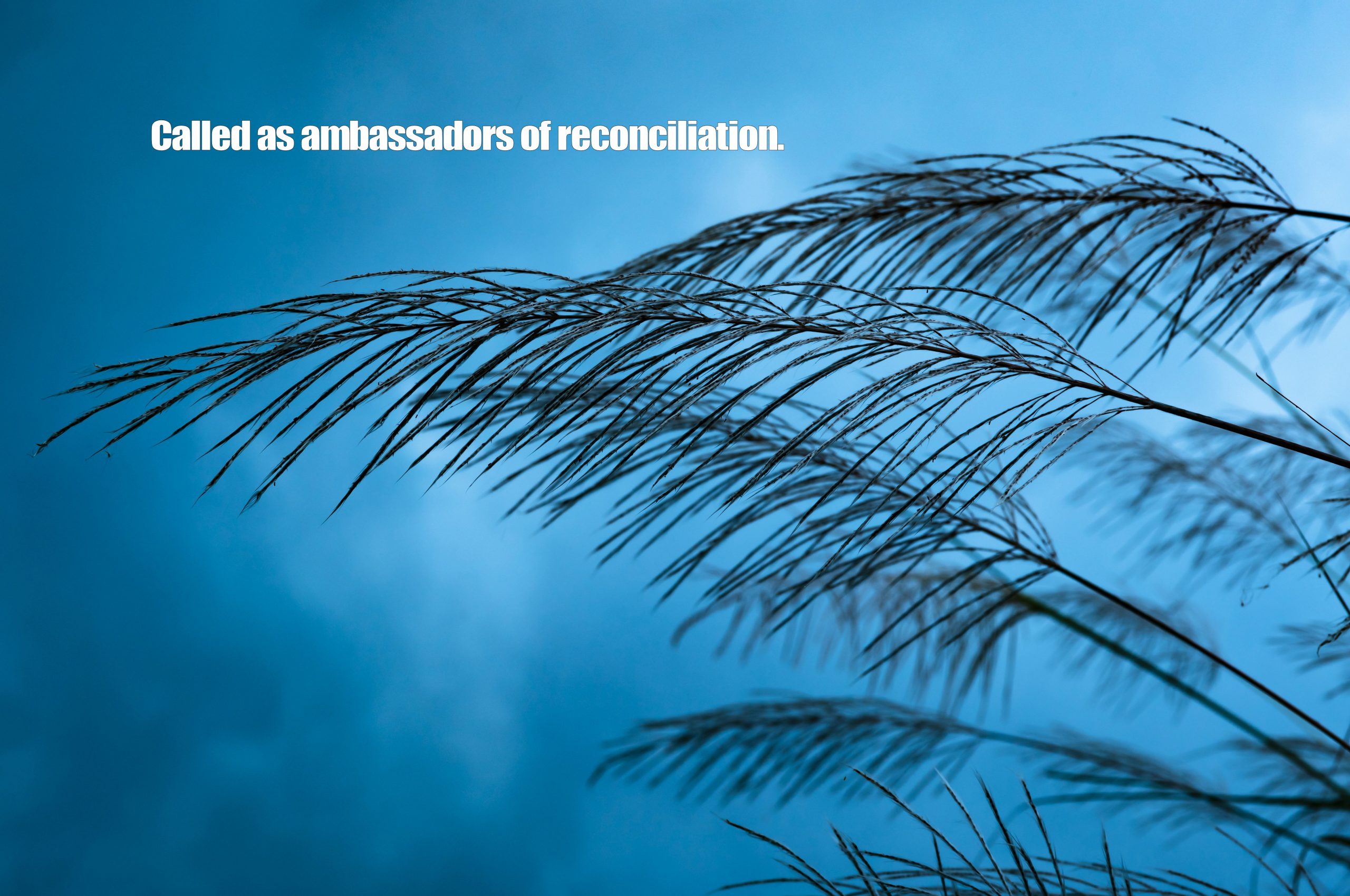The Rev. Dr. Charles Boayue shares a lesson from Liberia’s history and calls the Church to action against the increasing violence of racism, misogyny, and xenophobia in the United States.

CHARLES S.G. BOAYUE, JR.
Superintendent Greater Detroit District
As I write this blog, there has been another mass shooting – this time, it is in Boulder, CO, where police report multiple fatalities. The ABC affiliate in Denver reports six people dead, including one Boulder police officer. This follows a March 16th shooting spree at three Atlanta-area spas where eight people were killed, including six Asian women.
These two events follow an unending string of police violence against Black people across the country. Gun violence in America is a major part of life as we know it. Lobbyists from organizations like the National Rifle Association and other Second Amendment advocates work overtime to defend people’s right to bear arms. Others are working tirelessly to curb the open sale of guns to dangerous persons within the population. Progress on gun control laws crawls slower than a turtle.
Tonight, I cannot ignore the increasing violence being carried out mostly against people of color in this nation. It is horrible for a civilized nation to tolerate and allow this kind of crime against humanity. It is unbelievable that some Christians support the things that cause this kind of mayhem. I have prayed and will continue to pray for some sense of understanding about why any person of good conscience can support those who kill others. In many of these cases, the perpetrators are young or middle-aged White males. And often, when the crimes are committed, supporters and lawyers of the killers argue mental or emotional sickness of some sort. But when those who want gun control ask for legislation to curb the sale of guns to those with mental, emotional, and other maladies, they are often met with claims that the government should not mess with peoples’ Second Amendment rights. Should our rights be more valuable than human life?
Look, friends, the Church cannot stand by and allow our country to descend into an abyss of murder. Racism, misogyny, and xenophobia are moving our country closer and closer to anarchy. At some point (and I think that point is near), the patience of victims will reach a breaking point, and the bottom will be much closer than we wish. For all those White Christians who know better and desire a better situation for all of us, you have a disproportionate responsibility to stand up firmly for a change – now.
The Church’s mission is to make disciples of Jesus Christ for the transformation of the world. The Apostle Paul describes Christian disciples as “ambassadors of the ministry of reconciliation” [2 Corinthians 5:19-20 NIV] through whom God’s appeal is made to the world. Our mission is to help create a world in where the nations will “beat their swords into plowshares and their spears into pruning hooks… and will study war no more.” [Isaiah 2:4 NIV]
Imagine that. Imagine people of all colors, ethnicities, nationalities, and histories living in a world where murder is rare, if not non-existent. Imagine a country where no one can buy or carry a gun if he or she is sick mentally, emotionally, psychologically. Imagine a country where people love people, where neighbors help neighbors, where the color of one’s skin or the accent of one’s voice does not determine his or her value as a human being. This ought to be a common tenet of human civilization. And certainly, these are basic Christian principles. It should not be so hard for the Christian Church to offer an authentic witness to the value of life in a sinful world. It should not be so easy for criminals to get their “rights” protected while victims are denied justice repeatedly in our court system. We should not aid and abet the murder of any human being. Murder is a crime. Murder is sin. Can we simply “do unto others as we would have them do unto us?”
I grew up in Liberia. Liberia is a country founded in 1819 by free Black slaves from the United States. They were repatriated to Africa in exchange for freedom from slavery in America. And the history of Liberia is an interesting maze of paradoxes and aspirations; this blog does not have enough time and space to unravel. But suffice it to say that Liberia’s population consists of the descendants of free Black slaves and descendants of indigenous African tribespeople. That mix of cultures and the divergent experiences, values, and aspirations of its people have led to a turbulent history in Liberia. In 1980, a violent coup d’état was staged by members of the lower ranks of the military. At first, masses of people rejoiced in the streets of Monrovia, thinking a better day was dawning. But soon after the new regime took complete control, the country was plunged into horrific misery. Those who think that violence will make America great again should know that violence does not lead to greatness.
My presence here in Michigan is largely because of the unraveling of Liberian civilization. I could not return to Liberia in 1989 when I graduated from Duke Divinity School because of the horrors of the Liberian Civil War, which lasted from December 24, 1989, to the inauguration of President Ellen Johnson-Sirleaf in January 2006. I returned in February 2006 to lead Bible study at the annual session of the Liberia Annual Conference of The United Methodist Church. And Liberia continues the struggle to heal and rebuild. It will be a long time coming before that nation can claim its rightful place among modern nations.
I fear that America is playing with fire. And until the Church stands up with a clear message of justice and righteousness, calling our members of repentance and new life in Jesus Christ; until the “redeemed” of the Lord can say what the Lord has done of them; until people who are called by the name of Jesus can lay aside their heavy burdens and lean heavily on the everlasting arms of God; and until we abandon our idolatry of racism, misogyny, and xenophobia, America will limp along the dangerous roadside of fixation with the evils we deplore. God help us!
Last Updated on September 20, 2022

